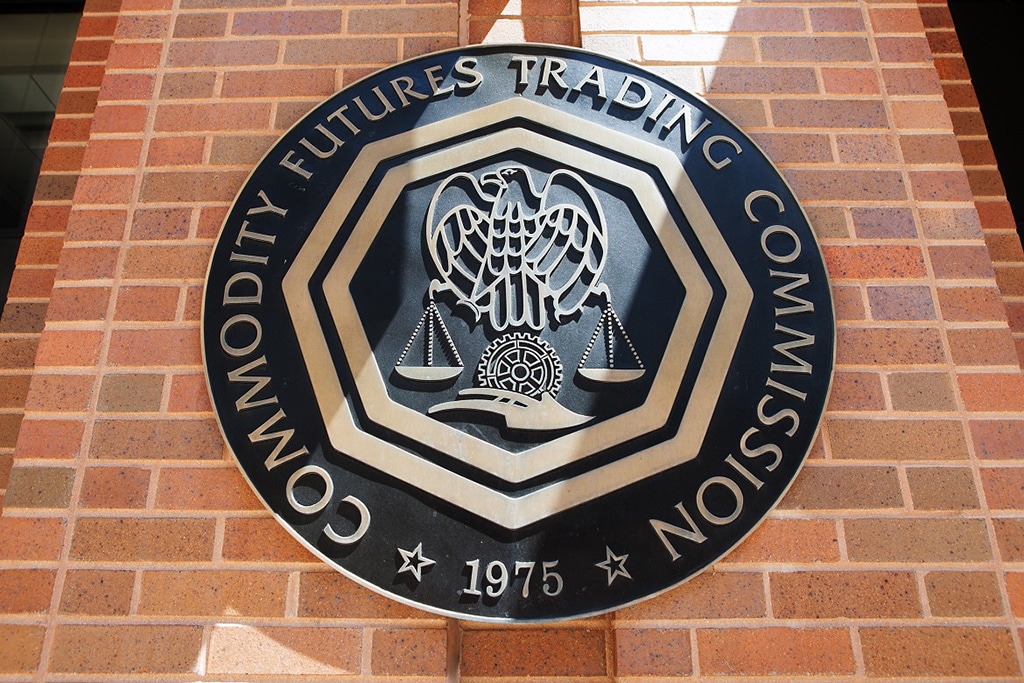
Please check out latest news, expert comments and industry insights from Coinspeaker's contributors.
Decentralized platform Xenio wants to change the gaming industry with the help of its own network, based on a code fork of Ethereum blockchain.

Xenio is a Canadian-based company that looks to alleviate the problems that have long plagued legacy video game distribution platforms: finding the balance between satisfying gamers’ endless appetite for content and the revenue needs of publishers, while disregarding server operators entirely.
Xenio will run on its own network, based on a blockchain optimized for gaming with integrated smart contract-based features that use Xenio’s own Proof-of-Networking consensus protocol.
The PoN protocol combines the best features of PoS and PoA (proof of authority) by rewarding servers for providing resources to network nodes. Servers that don’t contribute or provide services are disqualified from the rewards, ensuring the network remains reliable and doesn’t become plagued with useless entities:
“PoN avoids the waste of PoW and the feudalism of pure PoS. Nodes are only rewarded for verifiably helping the rest of the network by providing requested services.”
For these services to be provided, a model friendly to off-blockchain services would be needed, hence Xenios P2P implementation. This allows Xenio to offer direct end to end encrypted chat, video streaming, as well as other features to be implemented in the future. Other nodes are able to selectively turn on and off features without affecting the strength or availability of other services.
Xenio users will be able to access all of these features with just their credentials, even when accessing outside of the primary Xenio blockchain.
Another benefit of using their own blockchain instead of relying on say, Ethereum’s ERC20 token protocol like so many projects have done in the past, is Xenio will have complete control over many aspects left in the hands of Ethereum developers. This includes network consensus speed, coin mining algorithms, smart contract syntax, as well as optimizing the blockchain for gaming, and specifically Xenio gaming.
Having their own blockchain affords the ability to release two kinds of blocks on the same blockchain: primary blocks and superblocks. Primary blocks are where game and token state is stored and is secured using PoS so any connected Xenio client may participate in mining.
Superblocks are mined on 20-minute intervals using the PoN protocol, to reward servers for providing services to the Xenio community. Xenio borrows a concept popularized from DASH, which is the use of Masternodes.
Masternodes must also have a minimum amount of coins, serving to stabilize the economy as well.
The presale has already begun, which will auction the XNO tokens in four rounds. The first round will sell 10,000,000 XNO at a rate of $1.50. Once those are sold, round 2 will commence, selling the same amount but at a rate of $2.50. Round 3 will see 20,000,000 XNO being sold at 4, with round 4 seeing tokens being sold at a rate of $5.
So far, over 30% of round 1, or around 471 BTC (nearly $3M) has been already raised. Most of this has been Bitcoin, but over 400 Ethereums and 500 Litecoins has been contributed as well. Many cryptos are accepted for the presale, including Bitcoin Cash, Ethereum, DASH, and Monero just to name a few.

Please check out latest news, expert comments and industry insights from Coinspeaker's contributors.




